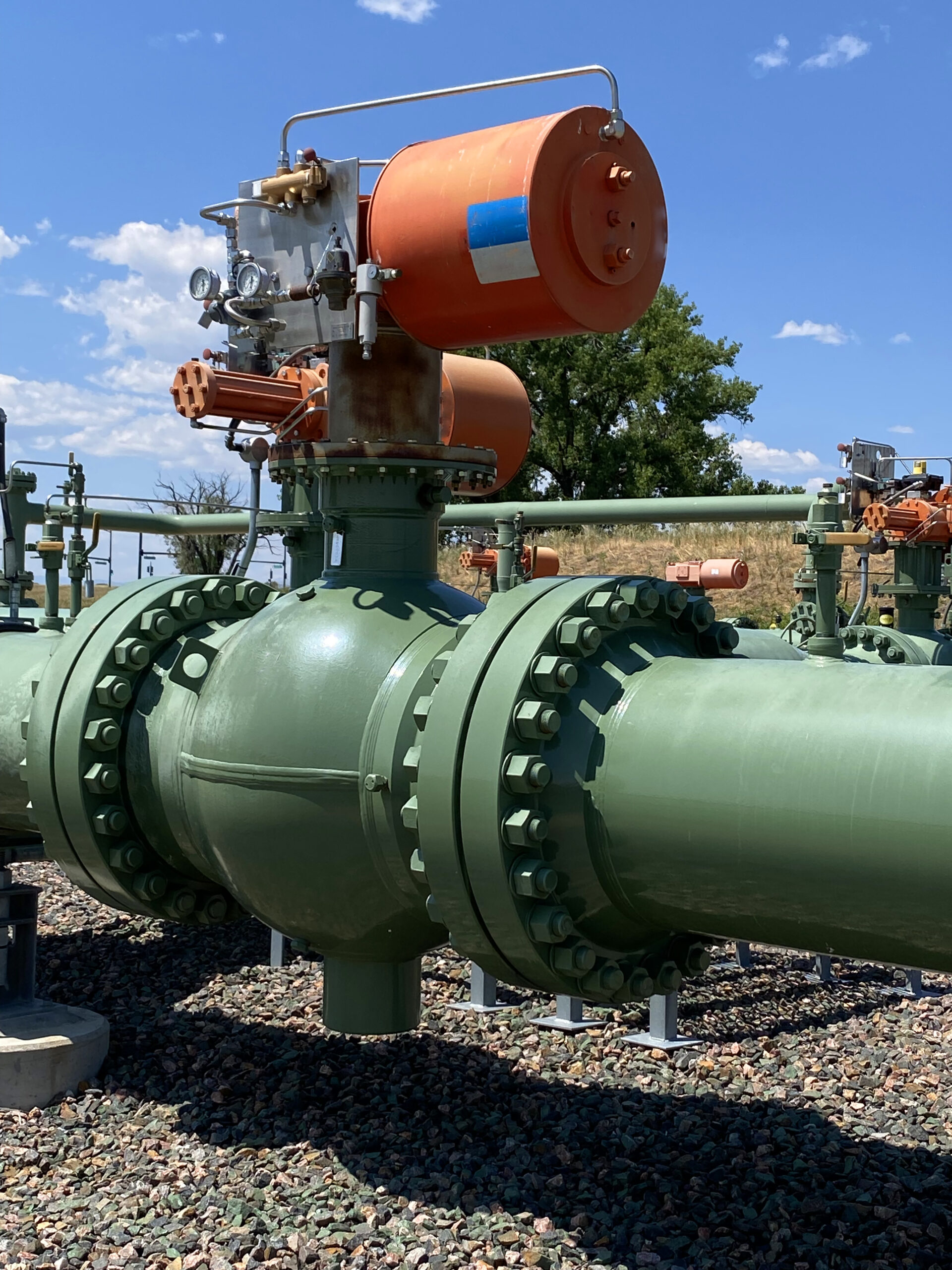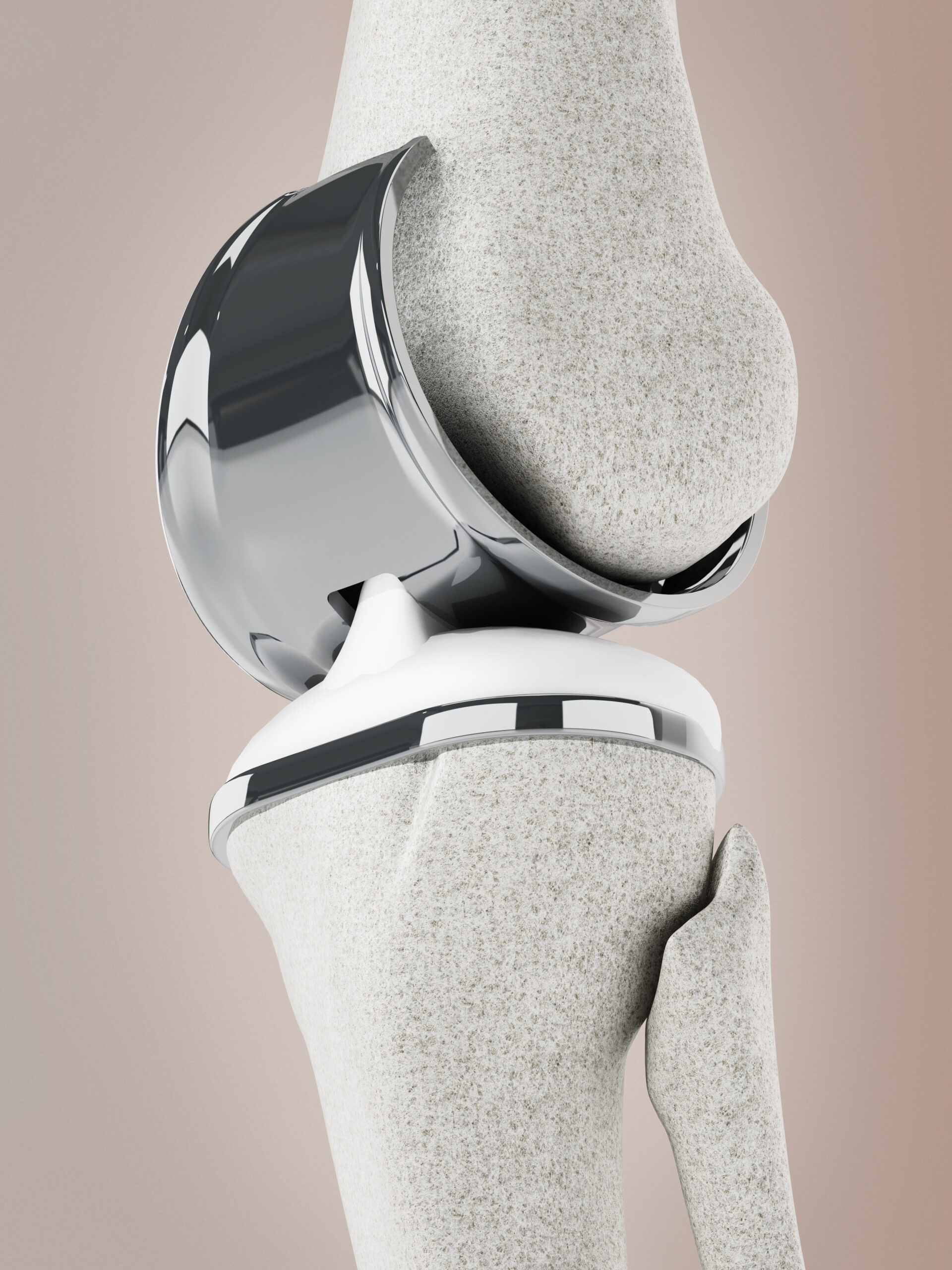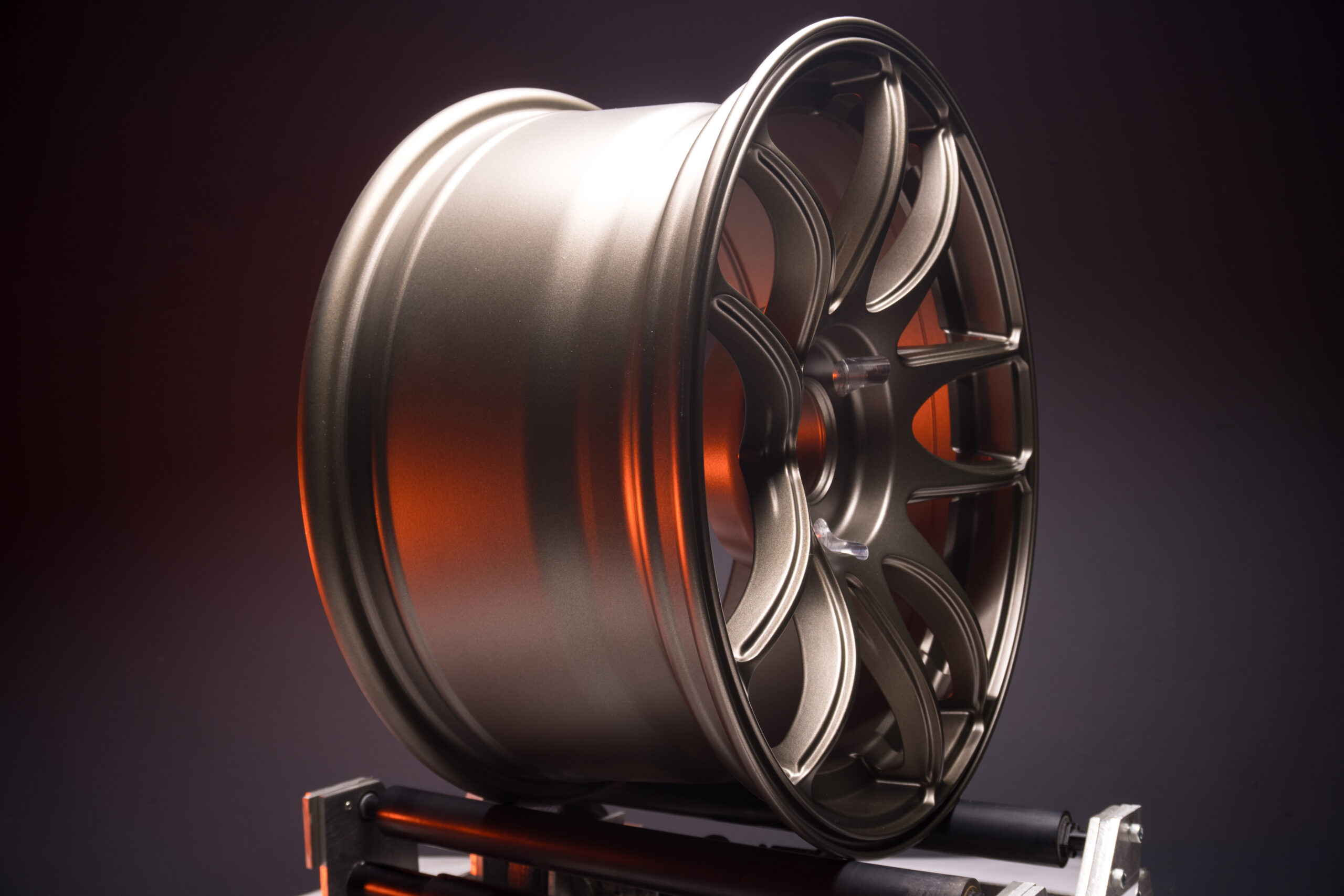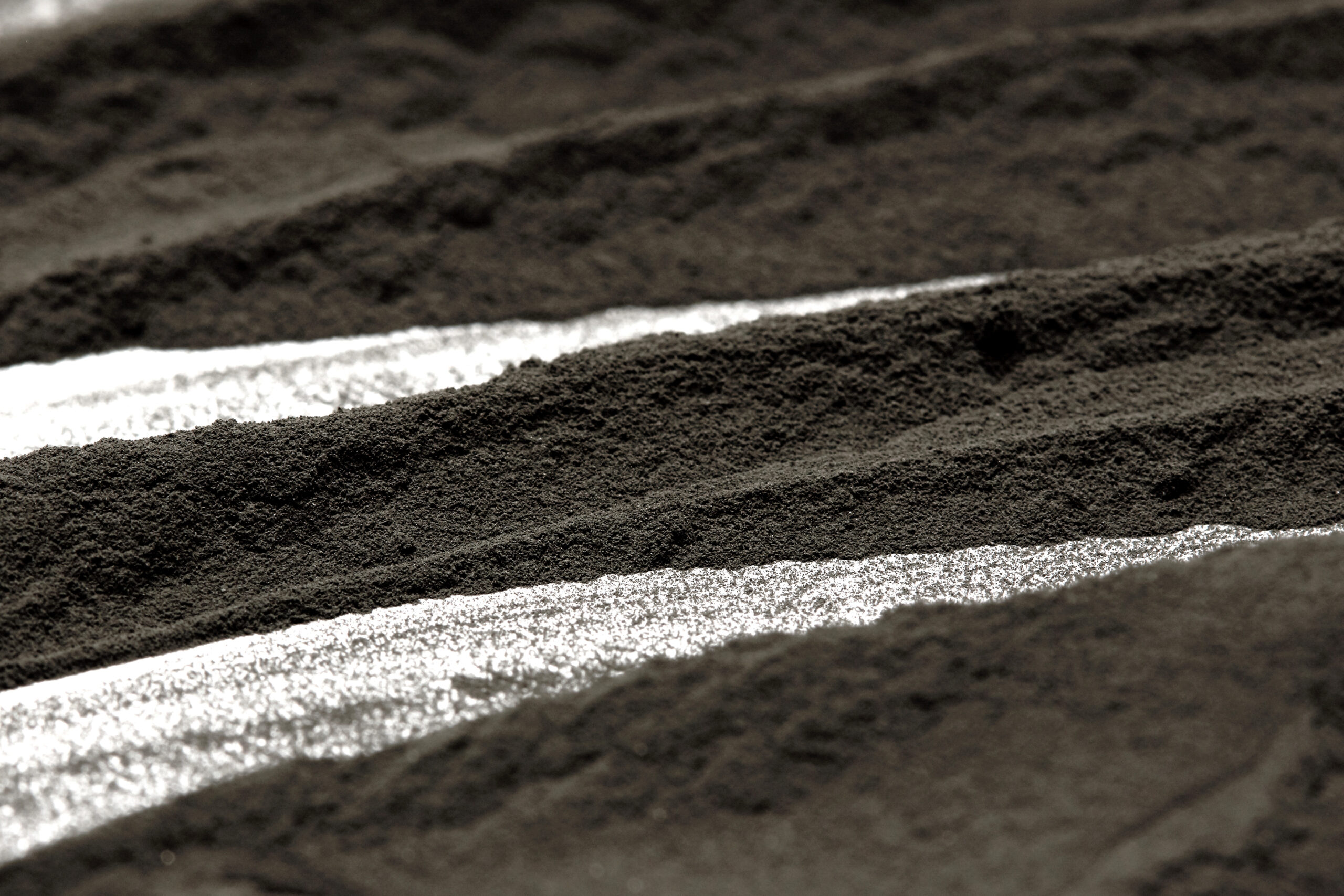NbC Cermets
Alternative carbides for Wear-Resistant Coatings
The NbC-FeCr and NbC-NiCr powders are alternative cermets developed for thermal spray and featuring in-situ synthesized Niobium Carbide (NbC) finely dispersed in metallic matrix alloys. The mechanical alloying process ensures superior carbide-matrix bonding compared to conventional agglomerated cermet powders.
NbC-FeCr cermet coatings deliver exceptional hardness, outstanding wear resistance at elevated temperatures—optimized for HVOF (High Velocity Oxygen Fuel) and HVAF (High Velocity Air Fuel) thermal spray processes. This eco-friendly cermet delivers wear resistant performance between traditional WC-CoCr and Cr₃C₂-NiCr systems, with superior high-temperature sliding wear resistance.
The NbC-NiCr variants exhibit exceptional corrosion resistance in aggressive environments, outperforming standard cermet references in electrochemical corrosion testing, making them ideal for applications requiring combined wear and corrosion protection across broad temperature ranges.
Applications: Industrial rolls, valve components, marine equipment, petrochemical processing, aerospace tooling.
PROPERTIES
Maximum Hardness 1100 HV
Typical Operating temperature 600°C
Density ~7.5 g/cm³
Particle size distribution (HVOF) +10–45 µm
Other PSD are available on request
Alternative carbides for Wear-Resistant Coatings



